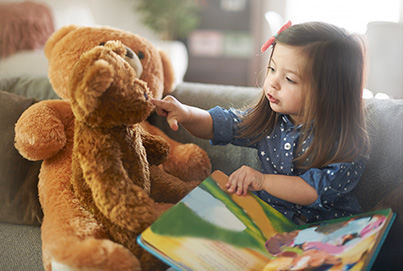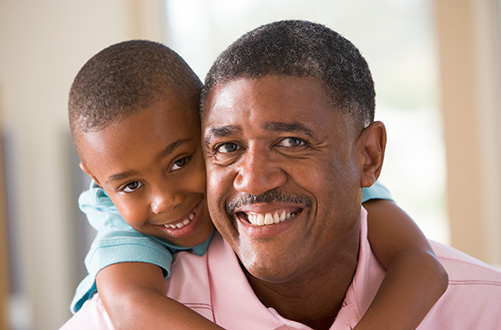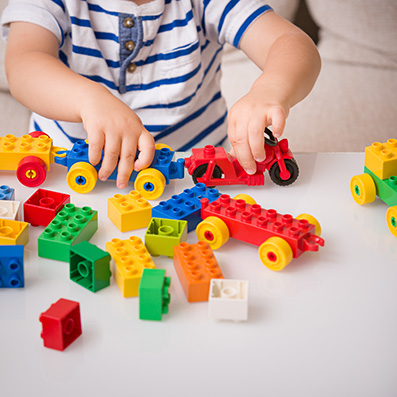Home » People and Settings » Early Childhood
Early Childhood
Overview of Early Childhood
Early childhood refers to education and supports for children up to age eight. Mothers, fathers, and other caregivers are a child’s first and most important teachers. A child’s growth during his early years is very important. Children who have a chance to live in positive social settings where they can learn and grow are more successful later in life. Positive supports are used to help families and early childhood organizations promote positive social and emotional wellness for children. Some positive supports include teaching parents and caregivers new skills. Other positive supports focus on helping a mother, father, or other family members who may benefit from mental health supports. A positive support can address the needs of an infant or toddler by encouraging social skills. In some cases, positive supports are used to help a whole family or all of the children in an early childhood center. These types of practices increase the social behavior and health of everyone in that setting.


Stories Across the Lifespan
The following stories describe how positive supports are used by families and early childhood organizations to promote overall wellness and growth in young children.
- Minnesota Centers of Excellence for Young Children with Disabilities (pdf)
- Brenden's Story (external web page)
- Implementing the Pyramid Model in Kansas (external web page)
- Applied Behavioral Analysis and Early Childhood: Sunny Hills Daycare Center, Mary and Tony (MNPSP web page)
- Person-Centered Practices and Early Childhood: Emily and Michael (MNPSP web page)

Early Childhood Resources
- Data Decision-Making and Program-Wide Implementation of the Pyramid Model (pdf)
- DHS Home and Community Based Services (external web page)
- Minnesota Act Early (external web page)
- Cultural Responsiveness and Implicit Bias (external web page)
- CDC Act Early Resources (external web page)
- Helping Families Be Full Team Members (pdf)
- Early Intensive Developmental and Behavioral Intervention (EIDBI) Benefit is a Minnesota Health Care Program. (external web page)
- Teacher Tools for Teaching Social and Emotional Skills (external web page)
- Family Tools for Teaching Social and Emotional Skills (external web page)
- Making Person-Centered Planning Mainstream: How to Get Started (external web page)
- Information About MAPS (external web page)
- Family Caregivers of Children with Special Health Care Needs: The Need for Caregiver Support as Truly Family-centered Care (pdf)
- Helen Sanderson Associates Person-Centered Thinking Tools (external web page)
- Person-centered Thinking: Improving the Quality of Person-Centered Planning (pdf)
- Early Childhood Guide to Managing Challenging Behavior (pdf)
- Self Regulation Snapshot: Focus for Infants and Toddlers (external web page)
- Teaching Tools for Young Children (external web page)
Positive Support Strategies for Early Childhood
Below are some articles designed to provide important background information about topics that are relevant across lifespans and settings.
- Applied Behavior Analysis in Practice – ABA is focused on better understanding how different variables impact an individual’s behavior.
- Person-Centered Planning and Promoting Quality of Life – One way to think about person-centered practices from a systems perspective is to use a Three-Tiered Model of Positive Supports.
- PBS and Preventing Problem Behavior Using the Three-Tiered System – Considering larger organizational issues can be a helpful way to create a positive climate and prevent challenging behavior.
- Positive Behavior Support and Individualized Planning – The first step in an individualized positive behavior support process at Tier 3 is to set up a person-centered plan.
- Trauma Informed Approaches and Three-Tiered Systems of Positive Support – Trauma informed care approaches are implemented across education and human service organizations.
- Relationship Between Applied Behavior Analysis and Positive Behavior Support – Understand the history and current relationship between Applied Behavior Analysis and Positive Behavior Support

